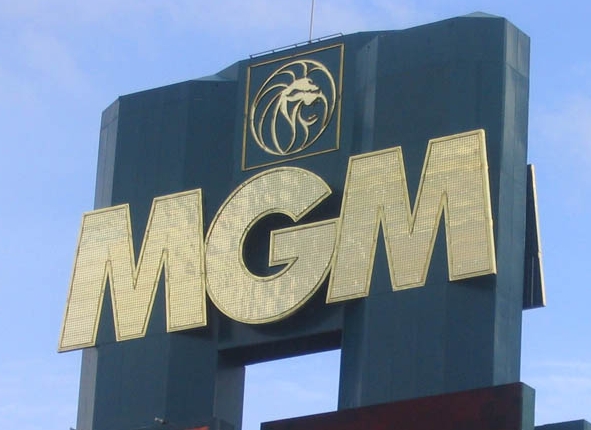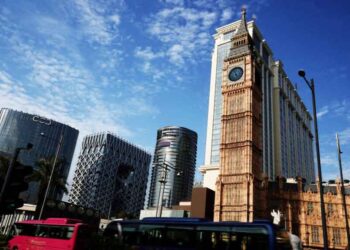MGM Resorts’ President of Global Development, Ed Bowers, has urged the Thai government to maintain a competitive casino tax rate and ensure reasonable access for locals if it wants the industry to succeed.
In comments to The Bangkok Post following a meeting with government officials earlier this week, Bowers also urged authorities to work closely with operators to better understand how the casino business works – warning that their plans could fall apart if there is a mismatch between the government’s aspirations and an operator’s needs.
Bowers’ comments reflect similar thoughts he expressed during a speech at G2E Asia earlier this month when he stated that regulations governing casino operations need to allow for sufficient return on investment given the rising costs of IR development and the risk involved. An appropriate tax rate, suitable number of licenses, reasonable concession length, access by locals and the ability to market to a wide range of customers have all been staples of successful gaming jurisdictions, Bowers said at the time.
According to The Bangkok Post, Bowers pointed to Singapore as an example to follow in regard to tax, where casino tax is charged at a maximum of 12% on premium players and 22% on mass players – considerably lower than the 40% effective rate charged in Macau.
He also noted the challenges that operators face in foreigner-only environments, as evidenced by the case of Korea’s INSPIRE Entertainment Resort in Incheon where lenders recently took control after original owner Mohegan failed to meet performance-related covenants.
In response to concerns aired by opposing voices in recent months around the potential for problem gambling and money laundering, Bowers noted that large-scale entertainment complexes are better equipped than most to address such issues due to their substantial resources.
“Integrated resorts not only have a significant impact on economies and tourism, but they also help to eliminate existing problems related to gambling, he is quoted as saying.
MGM, which has previously stated it would pursue a Thai IR license through its Macau subsidiary MGM China, reiterated its interest in Bangkok for any such development due to its large population, existing infrastructure and proximity to international airports.



































